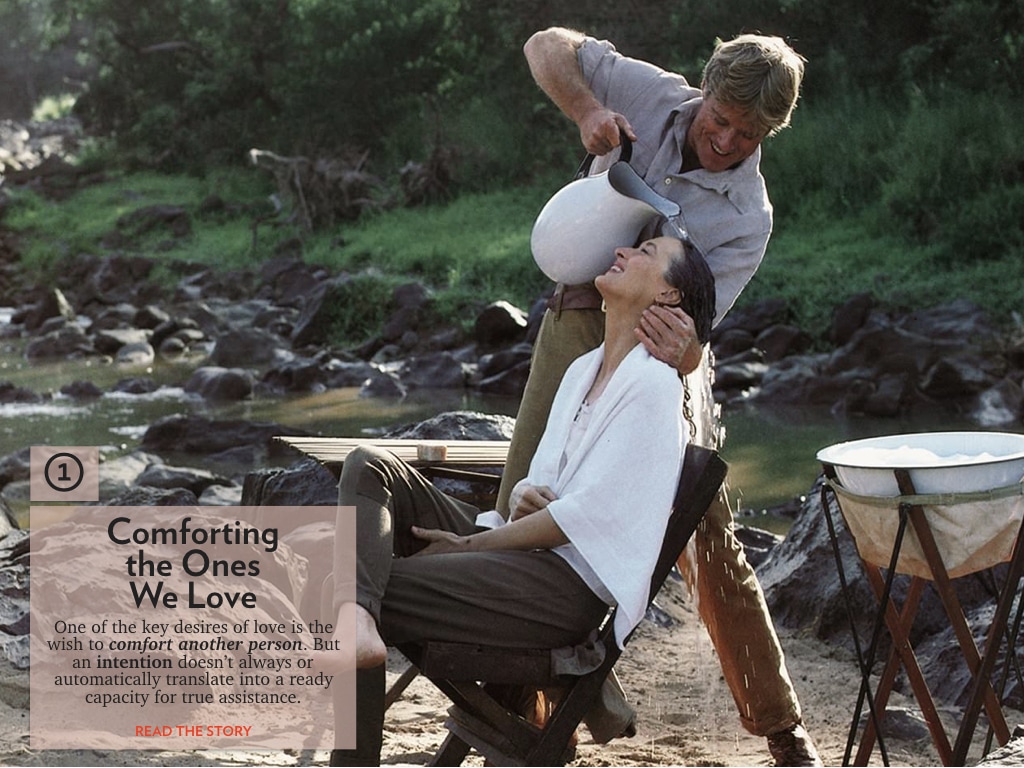⊕ PSYCHOLOGY | SOCIETY
Teaching and Learning
In theory, we respect teachers. But in truth, being a teacher is one of the most central aspects of human life. Teaching happens every hour of every waking day. But we’ve fatally misconstrued teaching as a specific professional job, when it’s in actuality a role that everyone has to dip into continually. |
|
|
|
|
MORE
|




